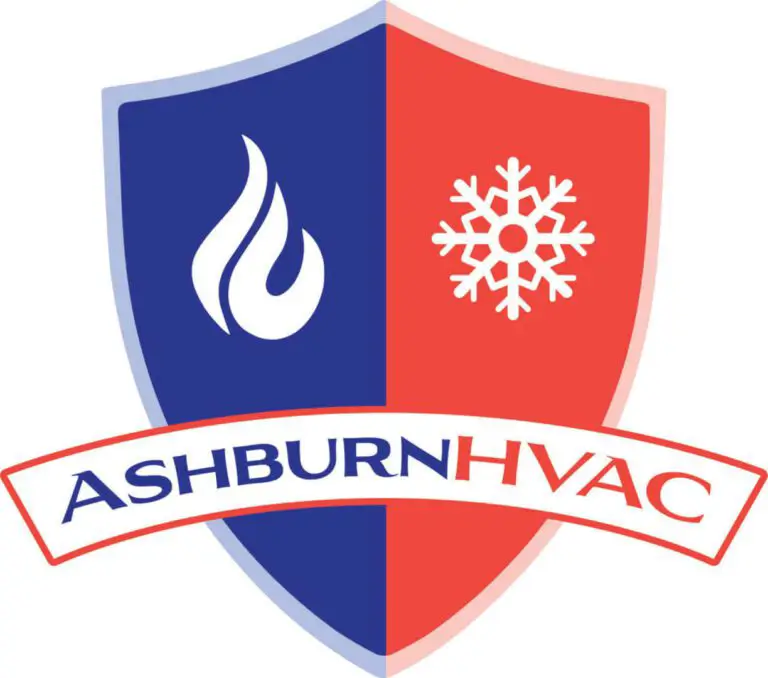When To Replace Your HVAC System: 7 Signs It’s Time

Heating and cooling systems have a lifespan. Most air conditioners last 10 to 15 years, while furnaces can function for up to 20 years. Over time, components wear out, reducing efficiency. If you are wondering when to replace an HVAC system that requires frequent repairs and struggles to maintain indoor temperatures, it may be nearing the end of its service life. Older systems also tend to work harder, increasing energy consumption and utility bills.
Routine maintenance can extend the life of your unit, but no system lasts forever. If yours is approaching or has exceeded its expected lifespan, it is time to start planning for a replacement.
Rising Energy Bills Despite Regular Maintenance
If energy bills continue increasing even after servicing your system, your HVAC unit might be losing efficiency. As internal components degrade, the system must work harder to deliver the same level of comfort. This extra strain leads to higher power consumption.
Older systems often lack modern energy-saving features. Newer models offer better efficiency, which translates to lower monthly energy costs. If you have noticed a steady rise in your utility bills, it may be time to consider a new HVAC system instead of continuing with an outdated unit.
Uneven Temperature Distribution in Your Home
A well-functioning HVAC system distributes air evenly throughout your home. If some rooms feel colder or warmer than others, your system may be struggling. Common causes include aging ductwork, an overworked compressor, or a malfunctioning thermostat.
Temperature inconsistencies can also result from an undersized or oversized unit. If the system is too small, it cannot heat or cool your space effectively. If it is too large, it short cycles, failing to maintain a consistent temperature. Upgrading to a properly sized unit can resolve these issues and improve indoor comfort.
Frequent Repairs and Unexpected Breakdowns
A system that constantly needs repairs is a strong indicator that a replacement is due. If repair costs are adding up, replacing the system might be more economical. A general rule of thumb is that if repair expenses exceed half the cost of a new unit, replacement is the better option.
Frequent breakdowns are frustrating and inconvenient. Instead of spending on continuous fixes, investing in a new system can save money in the long run while improving reliability. If you are frequently calling for HVAC repair services, it may be time to upgrade.
Unusual Noises Coming from the Unit
HVAC systems generate a low, steady hum during operation. However, loud or unusual noises such as grinding, rattling, or squealing indicate problems. These sounds often result from worn-out components, failing motors, or loose belts.
Ignoring these noises can lead to further damage, increasing repair costs. While minor issues can sometimes be fixed, persistent mechanical failures suggest that the system is reaching the end of its lifespan. If your unit is becoming noticeably noisy, replacing it might be the best long-term solution.
Poor Air Quality and Increased Dust
Your HVAC system does more than control temperature—it also affects indoor air quality. If you notice excessive dust buildup, stale air, or increased allergy symptoms, your unit might not be filtering air effectively.
Older systems often struggle to maintain proper ventilation. They may fail to remove airborne contaminants like pollen, pet dander, and mold spores. If replacing filters does not improve air quality, it may be time for an upgrade. A new system with advanced filtration features can significantly enhance indoor air quality and overall comfort.
System Runs Constantly or Cycles Too Often
A healthy HVAC system operates in balanced cycles, turning on and off as needed. If your unit runs non-stop or short cycles frequently, there could be an underlying issue.
Continuous operation often results from an aging system struggling to maintain temperature. Short cycling, where the unit turns on and off too frequently, can indicate a faulty thermostat, improper sizing, or failing components. Both scenarios lead to inefficient operation and higher energy costs. If adjustments and repairs do not resolve the issue, a replacement may be the best choice.
Refrigerant Leaks or Outdated Coolants
Older air conditioning units often use R-22 refrigerant, which has been phased out due to environmental concerns. If your unit requires R-22 refills, servicing it will become increasingly expensive.
Refrigerant leaks also reduce cooling efficiency and can damage the compressor. If your system struggles to cool your home, and technicians frequently need to refill refrigerant, it is a sign that replacement is necessary. Modern HVAC units use environmentally friendly refrigerants that enhance efficiency while reducing long-term costs.
The Cost of Delaying Replacement
Delaying HVAC replacement may seem like a way to save money, but it often leads to higher expenses in the long run. An aging system works harder, consuming more energy while delivering subpar performance. Small repairs may temporarily keep it running, but the costs add up over time.
Older units are also more prone to sudden failures, leaving you without heating or cooling when you need it most. Replacing your HVAC system before it completely breaks down allows you to choose the right upgrade without the pressure of an emergency decision.
Preparing for an HVAC Upgrade
If you have recognized multiple signs indicating that replacement is necessary, the next step is planning for the transition. A new system is an investment, but the long-term benefits—lower energy bills, improved comfort, and fewer repairs—make it worthwhile.
Consider factors like system size, efficiency ratings, and compatibility with your home’s ductwork. Consulting a professional makes sure that the new unit meets your household’s specific needs. Proper installation plays a major role in maximizing performance and longevity, so choosing a trusted service provider is key.
Make Your Home More Comfortable with Ashburn HVAC Services
Upgrading your HVAC system is not just about replacing old equipment—it is about enhancing your home’s comfort, air quality, and energy efficiency. At Ashburn HVAC Services, we help homeowners transition to modern heating and cooling solutions tailored to their needs. From new system installation to ongoing HVAC maintenance, our trained technicians are here to keep your home comfortable year-round.
If your system is showing signs of decline, contact us today to explore the best options for your home. A more efficient and reliable HVAC system is just a call away.

